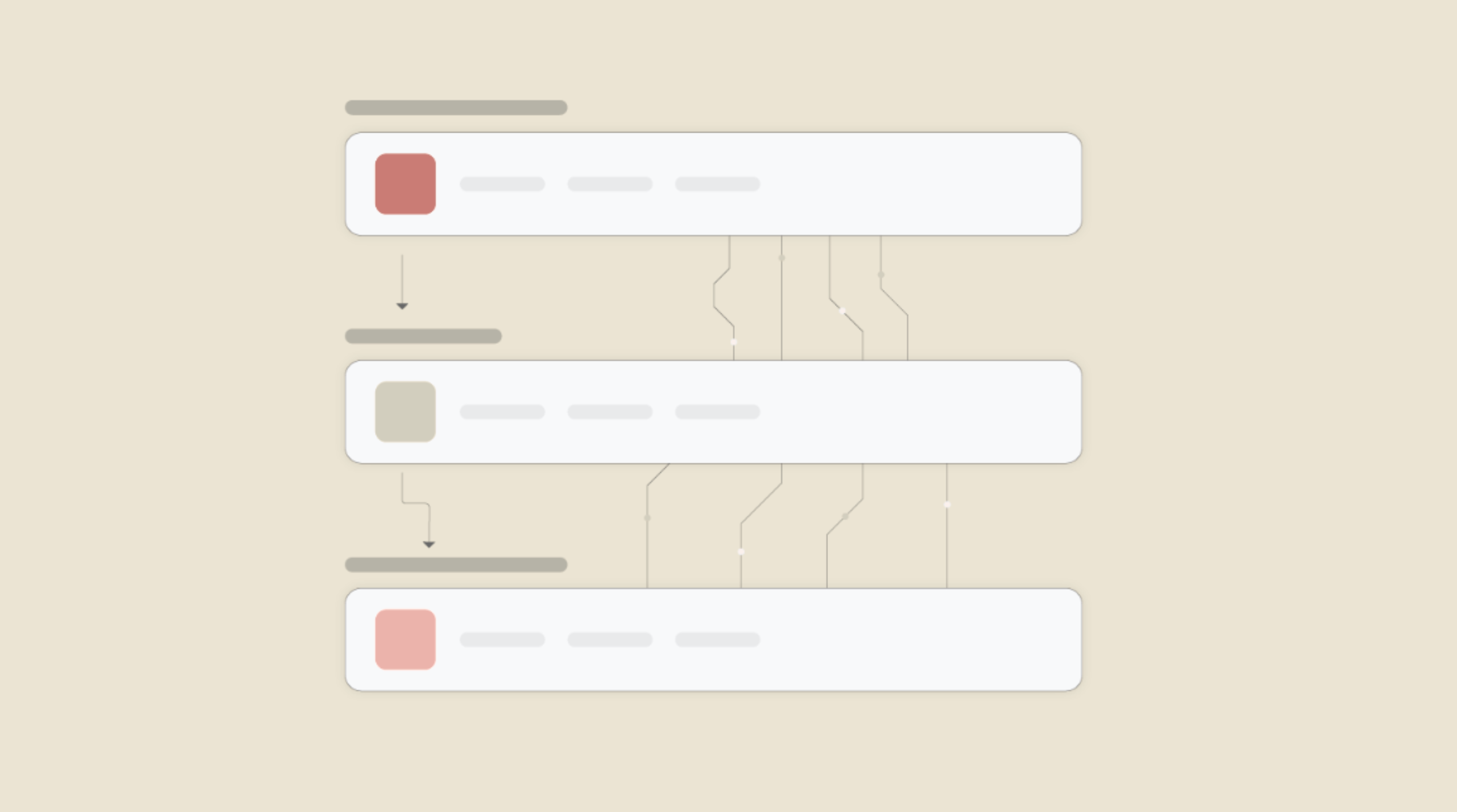Connect PostgreSQL and upguard to Build Intelligent Automations
Enable Integrations or automations with these events of PostgreSQL and upguard
Enable Integrations or automations with these events of PostgreSQL and upguard
Triggers
Postgresql (mutiple table)
Get all the data, which was updated in last 15 min, from all the table provided.
Actions
Execute a Query (advanced)
You can select, create, update or delete row(s) of table via custom SQL query.
Insert row
Adds a new row into the table.
Explore more automations built by businesses and experts
Know More About Postgresql and Upguard Integrations

How viaSocket Works | A Complete Guide
Gain insights into how viaSocket functions through our detailed guide. Understand its key features and benefits to maximize your experience and efficiency.

5 Simple Automation Hacks to Make Your Team Free
Unlock your team's potential with 5 straightforward automation hacks designed to streamline processes and free up valuable time for more important work.

What is Workflow Automation - Definition, Importance & Benefits | A Complete Guide
Workflow automation is the process of using technology to execute repetitive tasks with minimal human intervention, creating a seamless flow of activities.
Frequently Asked Questions
To start, connect both your PostgreSQL and upguard accounts to viaSocket. Once connected, you can set up a workflow where an event in PostgreSQL triggers actions in upguard (or vice versa).
Absolutely. You can customize how PostgreSQL data is recorded in upguard. This includes choosing which data fields go into which fields of upguard, setting up custom formats, and filtering out unwanted information.
The data sync between PostgreSQL and upguard typically happens in real-time through instant triggers. And a maximum of 15 minutes in case of a scheduled trigger.
Yes, viaSocket allows you to add custom logic or use built-in filters to modify data according to your needs.
Yes, you can set conditional logic to control the flow of data between PostgreSQL and upguard. For instance, you can specify that data should only be sent if certain conditions are met, or you can create if/else statements to manage different outcomes.
About upguard
UpGuard is a cyber vendor risk management and digital risk protection service platform.
Learn More




